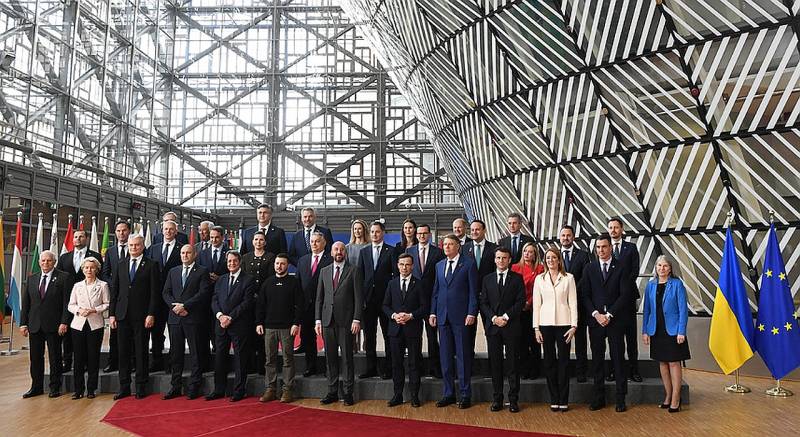The European Union has included Russia in the list of countries recognized as tax havens

The EU Council Code of Conduct Group analyzed the new legislation of the Russian Federation, adopted last year, and saw in it violations of European and international tax rules regarding the creation of special regimes for international holding companies.
On this basis, the European Union decided to include the Russian Federation in the so-called "list of non-cooperative jurisdictions for tax purposes." Translated from bureaucratic language, this means that Russia is recognized as a tax haven. The corresponding statement was published on the website of the Council of the European Union.
In addition to Russia, the list of countries that, according to European officials, violate international tax law, includes the British Virgin Islands, Costa Rica and the Marshall Islands, which have long been considered offshore tax zones. Now the list of states that are considered tax havens in the European Union includes sixteen jurisdictions. Barbados, Jamaica, North Macedonia and Uruguay were excluded from the list due to the fulfillment of EU requirements.
- emphasized in the statement of the Council of the EU.
The situation with the inclusion of Russia in the next "black list" looks at least rather strange. After all, the European Union, on its own initiative, over the past year has done tremendous work in order to nullify almost all agreements and interaction with the Russian Federation in the field of international law. Moreover, attempts by Brussels after the illegal arrest of Russian gold reserves, bypassing all international norms, to find a way to transfer money to a third state, not even a member of the EU, makes Brussels and the EU countries de facto the greatest violators of international legal norms.
- commented on the situation with updating the list of "violators of international tax law" Swedish Finance Minister Elisabeth Svantesson.
After the adoption of such anti-Russian measures by the EU functionaries, there is a feeling that in Brussels they are only busy with how to come up with something else against Russia against the backdrop of the Ukrainian crisis, but in reality, they only justify the existence of the bureaucracy and master the budget. Moreover, it is not at all clear from the document published on the website of the Council of the EU what consequences arise for the countries included in the list of "tax havens". And why, then, should the United States not introduce it into it after the adoption of a law there on reducing inflation, which gives huge non-market benefits to foreign companies to the detriment of the European economy?
- Alexander Grigriev
- Website of the Council of the EU
Information